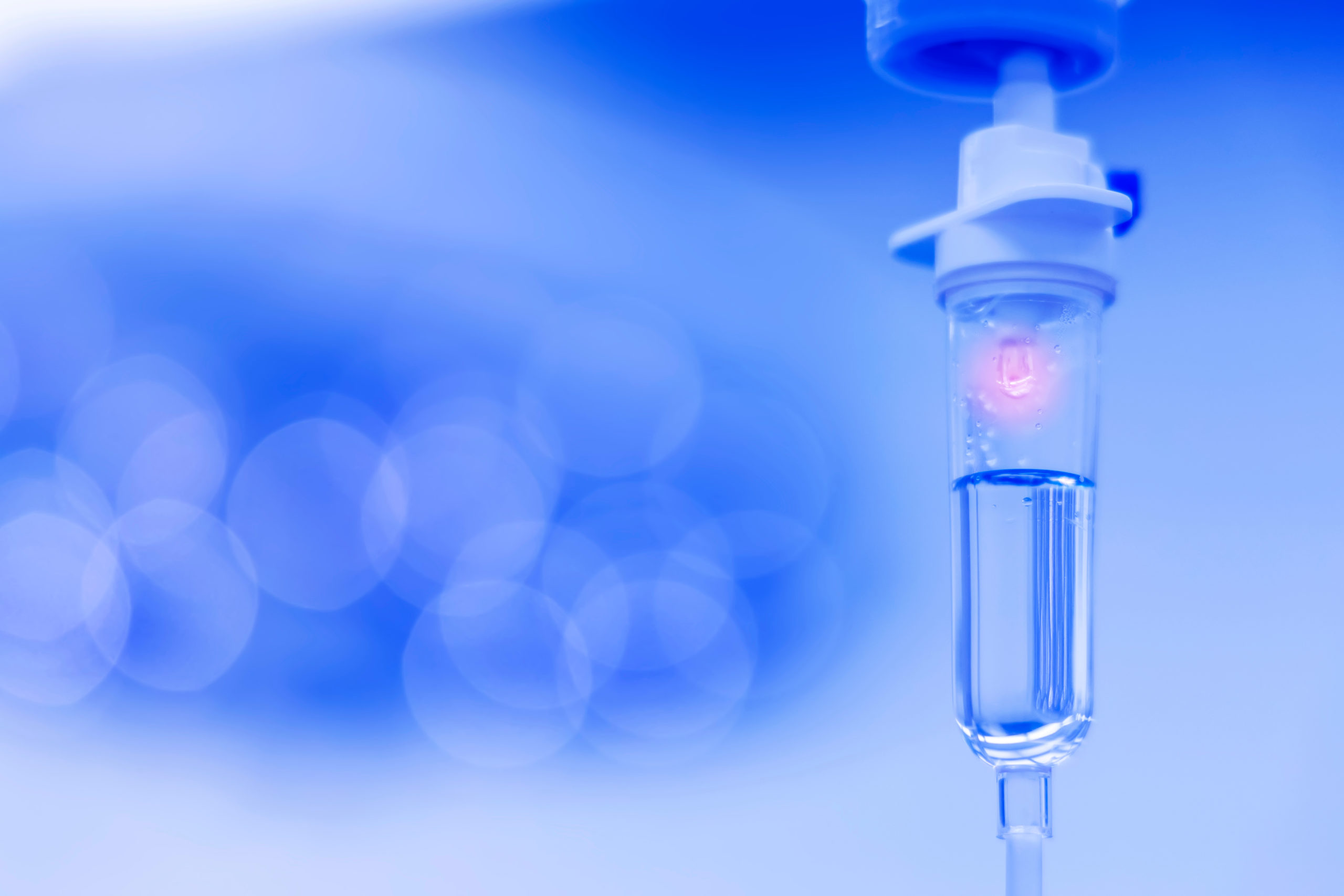C-reactive protein (CRP) rise in response to macronutrient deficiency

What does CRP rise in response to macronutrient deficiency really mean?
Critically ill patients often suffer from substantial nutritional deficits due to the inability to be fed enterally, which has been associated with higher mortality and morbidity. The EPaNIC-RCT questions the belief that early initiation of parenteral nutrition (PN) is beneficial. It demonstrated that patients in whom PN was initiated after the first week of critical illness had a lower risk of new infections and accelerated recovery than those in whom PN was started early.
During the same study, late-PN patients showed a higher peak in C-reactive protein (CRP). Increased CRP can either reflect the intensity of an underlying inflammatory process or mark a more effective (hepatic) acute stress and/or innate immune response. Unfortunately, these two opposite roles of CRP cannot be distinguished. This is why the meaning of the CRP rise in late-PN remains controversial.
To clear this matter, a secondary analysis of the multicentre EPaNIC-RCT was done. The study included 4,640 adult patients randomised to receive “early-PN” within 48h of ICU admission or “late-PN”, where no PN was given until day 8. Both groups equally received enteral nutrition as soon as possible, parenteral micronutrients, and insulin infusions to maintain normoglycemia.
The CRP time profiles of 946 early-PN and 946 late-PN patients were investigated. Peak CRP was observed on day 3, and it was greater in the late-PN group. The CRP rise from baseline toward day 3 was also higher in late-PN than in early-PN. Of the potential metabolic (macronutrient doses, blood glucose and insulin concentrations) and inflammatory drivers (concentrations of (IL-6, IL-10 and TNF-a)) included in this study, only the lower macronutrient doses administered to late-PN as compared with early-PN patients explained this effect.
Next, the authors investigated whether the CRP rise toward day 3 contributed to the beneficial effects of late-PN versus early-PN on acquiring new infections and the duration of intensive care dependency by multivariable models. Unfortunately, the results of this analysis showed that a higher CRP rise was independently associated with a higher risk of infection and a lower chance of early ICU discharge. These results mean that not a higher CRP rise but other mechanisms must explain the outcome benefit with late-PN.
One of them can be better autophagy preservation with late-PN. Autophagy, which is activated by caloric restriction, is crucial for intracellular pathogen degradation and the removal of cellular damage. Late-PN versus early-PN also attenuated liver damage and dysfunction.
The findings from this study that CRP can rise in the absence of a rise in inflammatory cytokines show that CRP must be interpreted in conjunction with the clinical outcome to be informative regarding inflammation.
STUDY STRENGTHS & LIMITATIONS
Strengths of the study:
- It is a randomised clinical trial.
- The analysis was adjusted according to all possible confounding factors, including type of surgery, insulin administration and levels of inflammatory cytokines.
Limitations of the study:
- The conclusion on the lack of effect of late-PN versus early-PN on inflammation was based on measurements of a limited selection of cytokines in serum.
- The observed associations were only described, without further investigation of possible underlying mechanisms.
TAKE-HOME MESSAGES
A macronutrient deficit during the first week of critical illness caused by late initiation of PN, previously shown to reduce new infections and accelerate recovery, increased CRP.
Increased CRP levels did not relate to a rise in inflammatory cytokines and thus did not reflect a more systemic inflammation.
Instead of mediating the clinical benefit of late-PN, the marked CRP rise appeared as an adverse effect reducing such benefits.
This article review was prepared and submitted by Dr Viktoria Ilieva, MD, PhD, Anesthesiologist and Intensive Care Physician at University Hospital “St. Ivan Rilski”, Sofia (Bulgaria), on behalf of ESICM Journal Review Club.
REFERENCES
Ingels C. et al. C-reactive protein rise in response to macronutrient deficit early in critical illness: sign of inflammation or mediator of infection prevention and recovery. Intensive Care Med. 2022 Jan;48(1):25-35. doi: 10.1007/s00134-021-06565-1. Epub 2021 Nov 24. PMID: 34816288